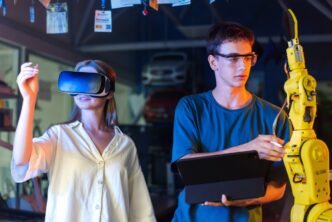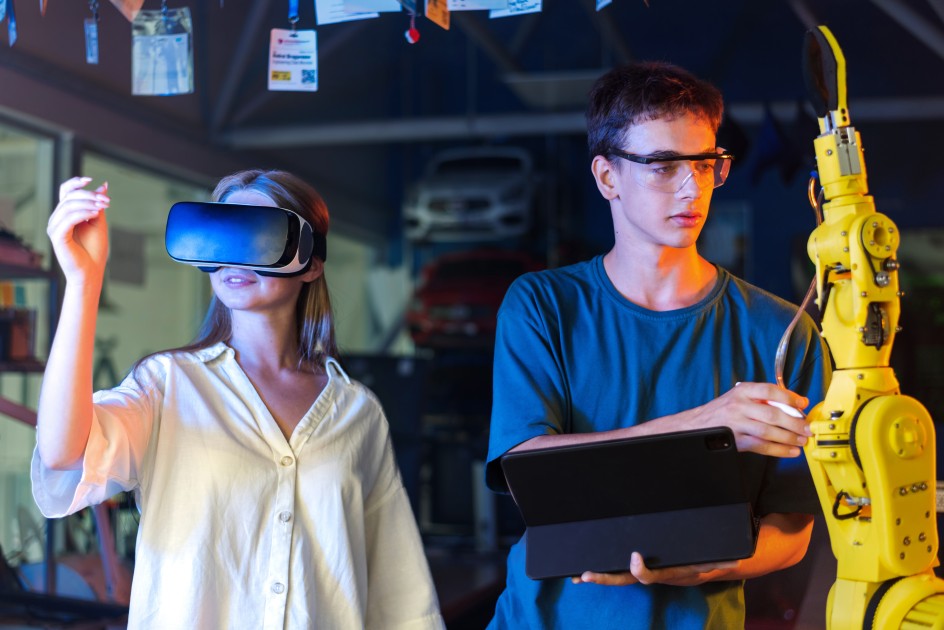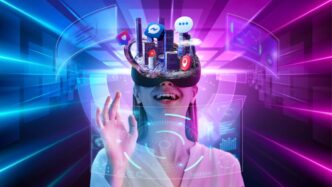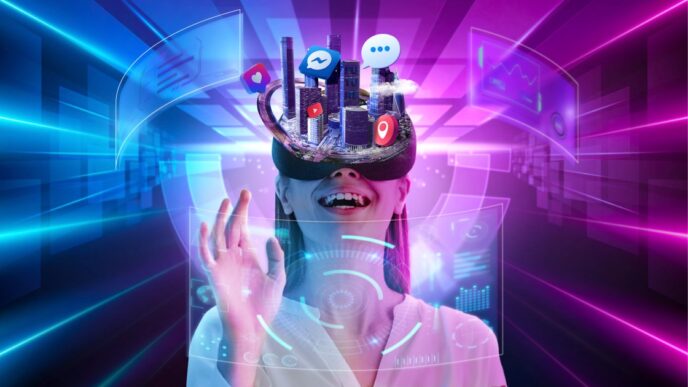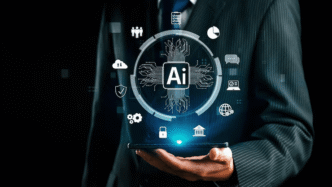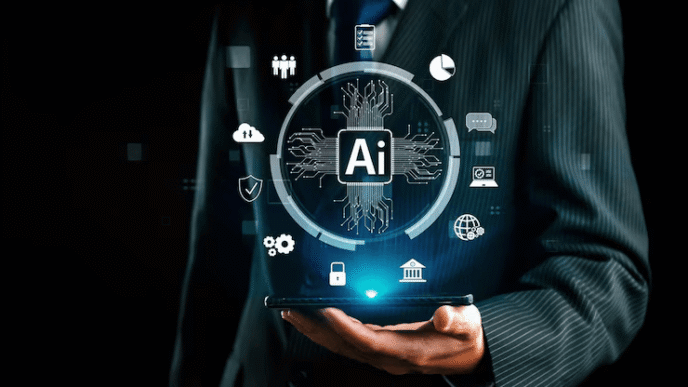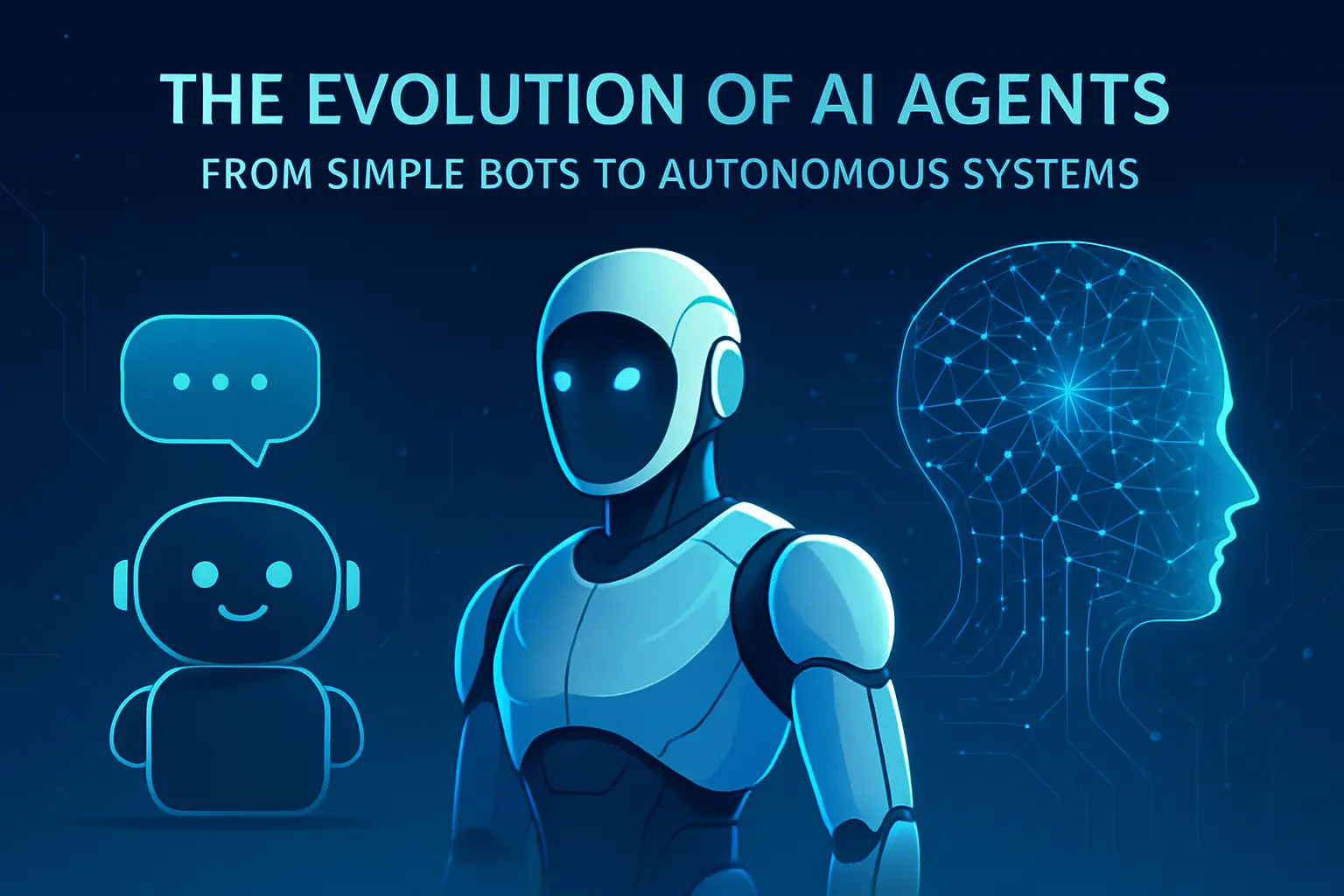Artificial Intelligence (AI) agents have moved beyond just automating business tasks or handling customer inquiries they’re now reshaping the very essence of scientific discovery. From speeding up drug development to finding new materials, AI agents are empowering researchers to tackle questions that once seemed too intricate or time-consuming. Let’s dive into how scientists are leveraging AI agents to expand the horizons of knowledge.
1. Speeding Up Drug Discovery and Healthcare Research
Speeding Up Drug Discovery and Healthcare Research .AI agents are revolutionizing this process by:
– Accurately predicting how molecules will interact.
– Designing new compounds that could effectively combat diseases.
– Analyzing clinical data to spot patterns that might elude human researchers.
For example, AI-driven platforms played a crucial role in helping researchers quickly test and identify potential treatments for COVID-19, saving invaluable time.
2. Discovering New Materials
Materials science often requires experimenting with countless combinations of elements. AI agents can simulate and analyze these combinations on a large scale, aiding researchers in discovering:
– Stronger, lighter alloys.
– More efficient batteries.
– Advanced superconductors.
This significantly cuts down on trial-and-error experimentation in the lab, paving the way for sustainable technologies.
3. Climate and Environmental Research
AI agents are essential for modeling complex systems like the Earth’s climate. They support researchers by:
– Predicting climate patterns with greater accuracy using deep learning models.
– Simulating interventions, such as the effects of adopting renewable energy or carbon capture.
This information helps policymakers and scientists develop more effective strategies to tackle the climate crisis.
4. Automating Lab Experiments
In today’s labs, we have “robot scientists” powered by AI that can conduct experiments, log results, and even tweak their methods on the fly. These autonomous agents:
– Speed up those tedious, repetitive tasks.
– Reduce the chances of human error.
– Free up researchers to focus on crafting better hypotheses.
The outcome? Quicker experimentation cycles and more dependable data.
5. Enhancing Space Exploration
AI agents are also making waves in the fields of astronomy and planetary science. They:
– Sift through enormous amounts of telescope data to spot new exoplanets.
– Operate autonomous rovers on Mars and beyond.
– Anticipate cosmic events like black hole activity or supernovae.
By processing these massive datasets, AI agents enable astronomers to make discoveries that could otherwise take decades.
The Future of AI in Scientific Discovery
AI agents aren’t here to take over scientists’ jobs they’re becoming invaluable partners. As they keep learning and evolving, they’ll empower researchers to:
– Pose deeper scientific questions.
– Tackle more ambitious projects.
– Speed up humanity’s advancement in every scientific field.
The next big breakthrough in medicine, energy, or space exploration might just come from a collaboration between humans and AI.
Takeaway: AI agents are reshaping the landscape of scientific discovery. By automating mundane tasks, analyzing intricate data, and generating fresh hypotheses, they’re helping researchers tackle some of humanity’s greatest challenges faster than ever before.
